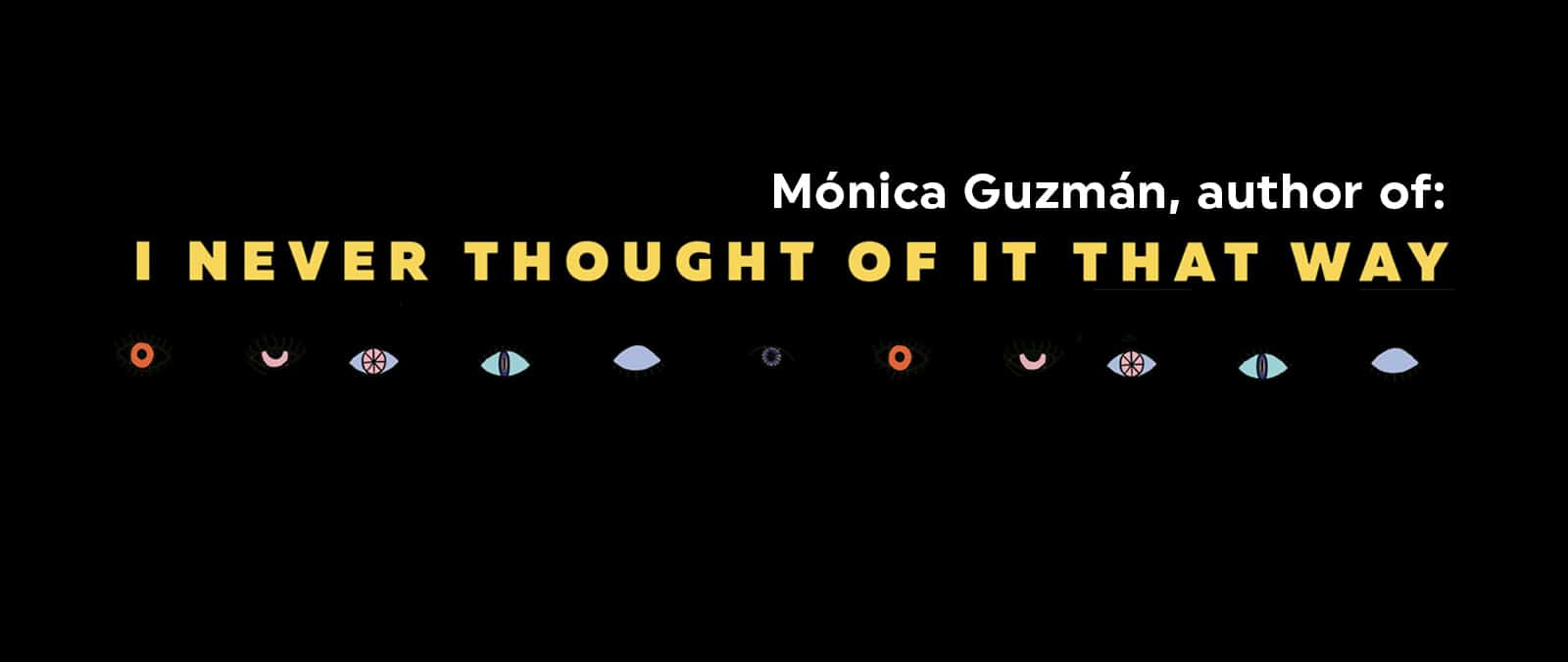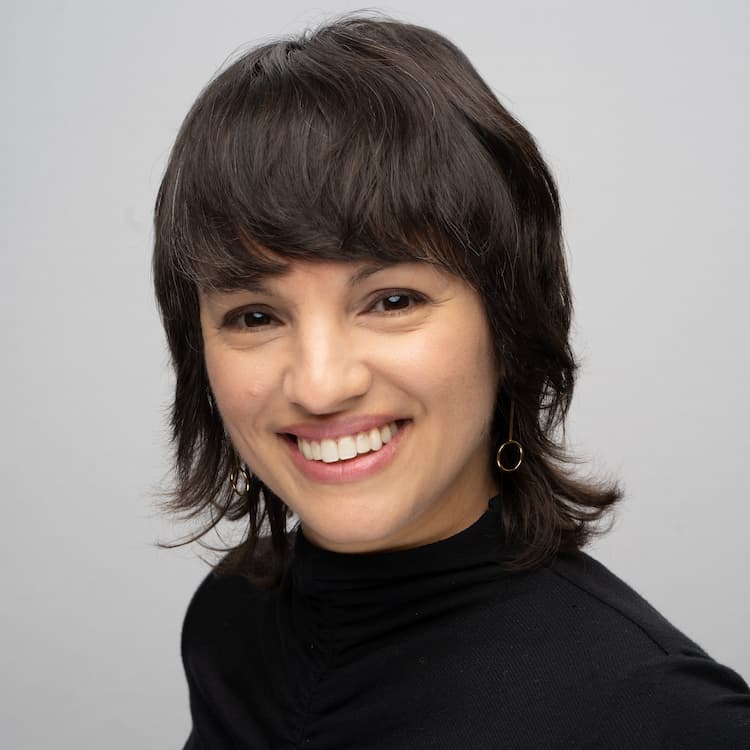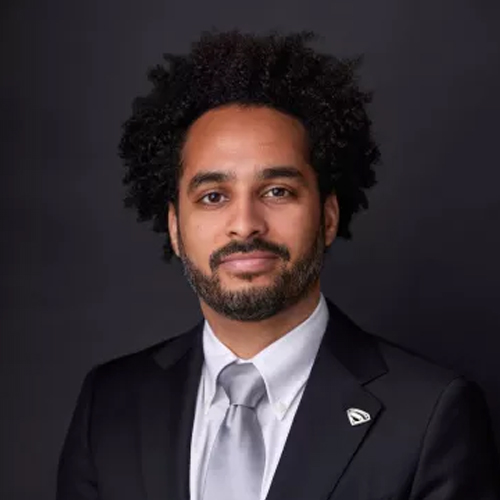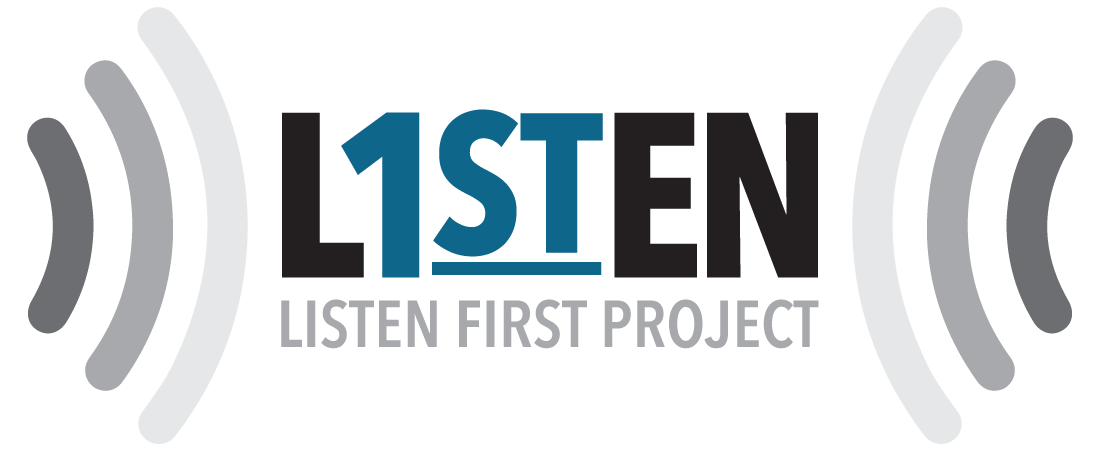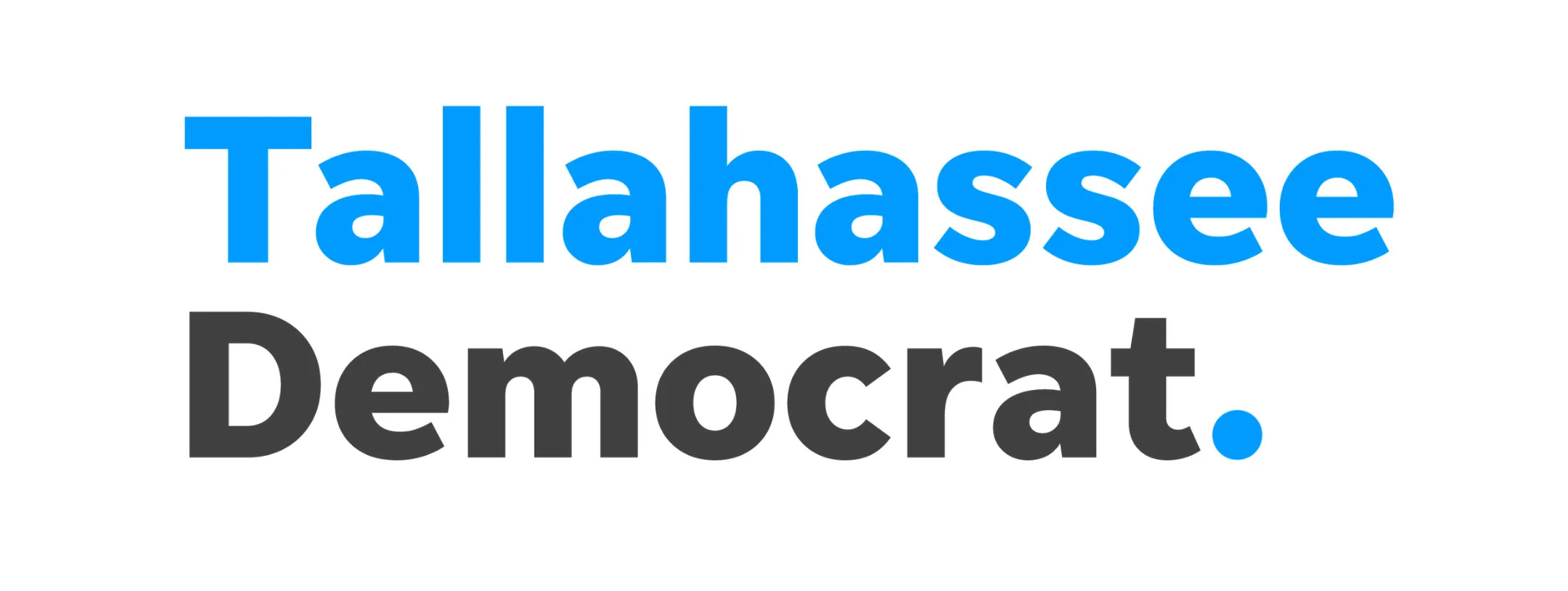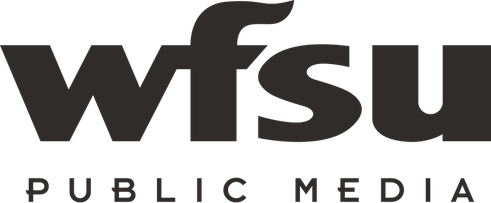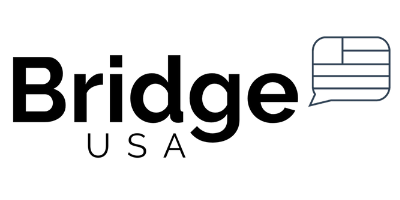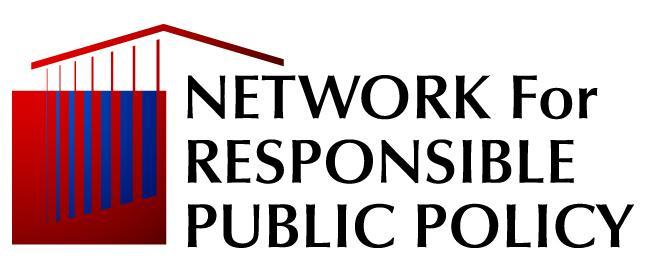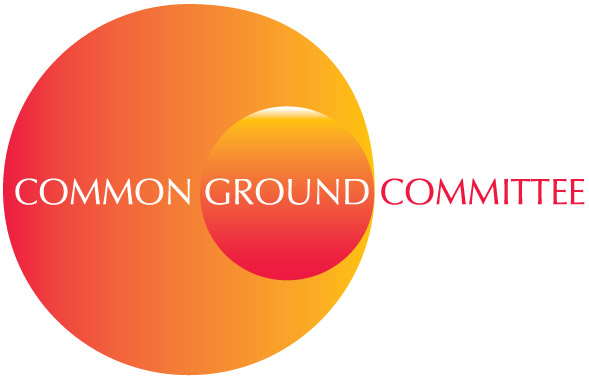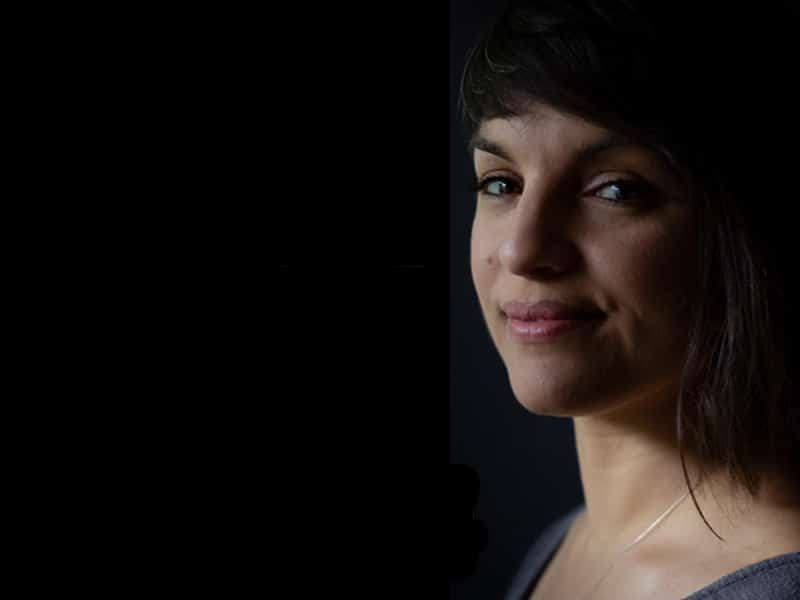
Taking one step closer
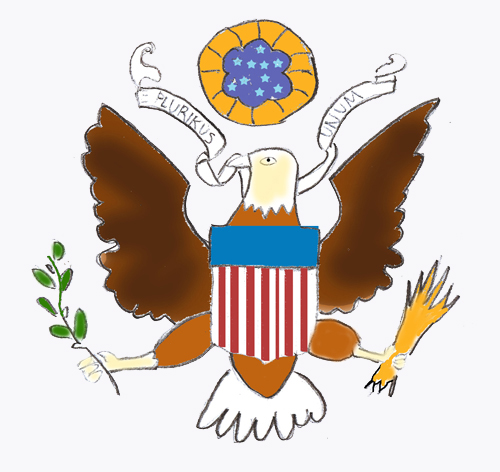
Mónica Guzmán: One Step Closer
—Abraham Lincoln
As we contemplated who we might invite for this post-election UNUM gathering, we were (temporarily) flummoxed. A week after the election would we be in need of an expert in election law, a therapist or an exorcist? Could we just place all three on speed dial?
Then we realized that no matter what happens during – and after – the 2024 election, there will undoubtedly be some BIG feelings about it, so our task on November 12th is utterly clear even now: we’ll need to take one step closer to each other. That journey has a sherpa, and her name is Mónica Guzmán. Mónica is the friend you’ll want for that post-election drink, the one you can let your hair down with to just talk it all through. We also couldn’t think of a better election season read (or re-read) than her book “I Never Thought of it That Way” — check it out below.
You’re welcome. (Thank us by taking one step closer to someone you know — now. And then another step.)
Continue reading…
This program is presented live via Zoom and Facebook Live and made possible by Florida Humanities and National Endowment for the Humanities. We’re delighted to welcome streaming partners Living Room Conversations, Braver Angels, McCourtney Institute for Democracy, National Institute for Civil Discourse, BridgeUSA, Listen First Project, USC Dornsife Center for the Political Future, Common Ground Committee, Civic Health Project, TP&R podcast, YOUnify, Citizen Connect, Center for the Humanities at University of Miami, Tallahassee Democrat, WFSU Public Media, and Network for Responsible Public Policy.
Show less
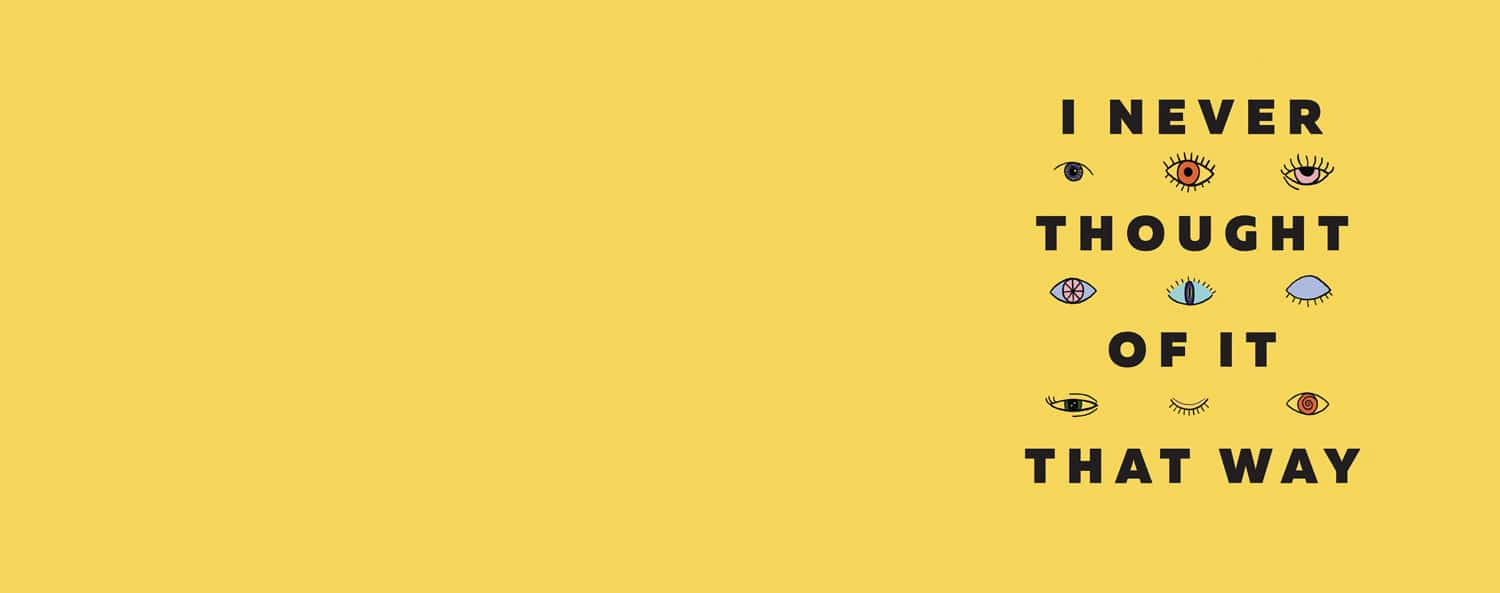
I Never Thought of it That Way by Mónica Guzmán
“An accessible and practical guide for how to imagine a future that leaves no one behind.”
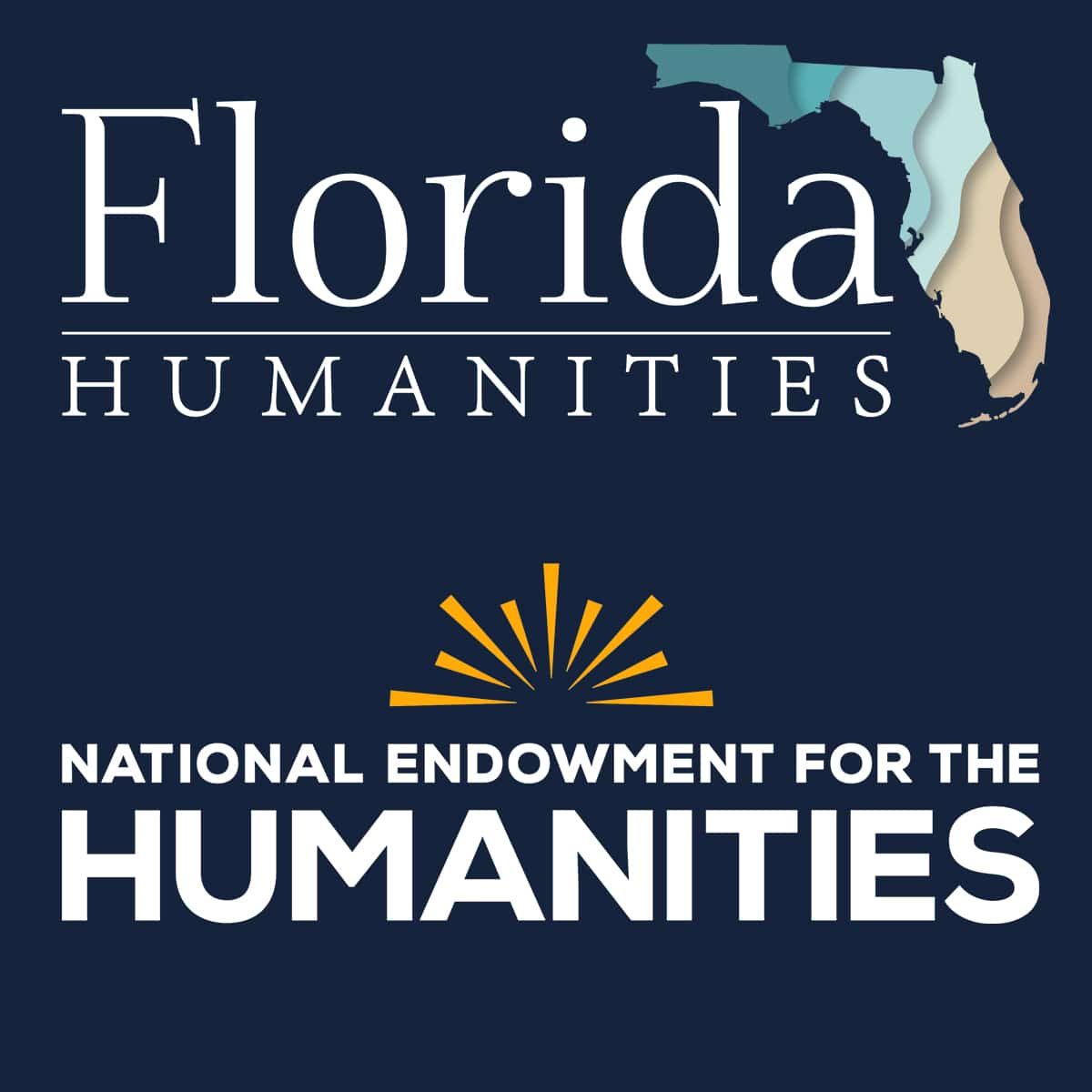
UNUM is presented in partnership with Florida Humanities
We are proud to be in our fourth year of “UNUM: Democracy Reignited” programming, made possible in partnerships with Florida Humanities with support from National Endowment for the Humanities. (Any views, findings, conclusions or recommendations expressed in this program do not necessarily represent those of Florida Humanities or the National Endowment for the Humanities.)
